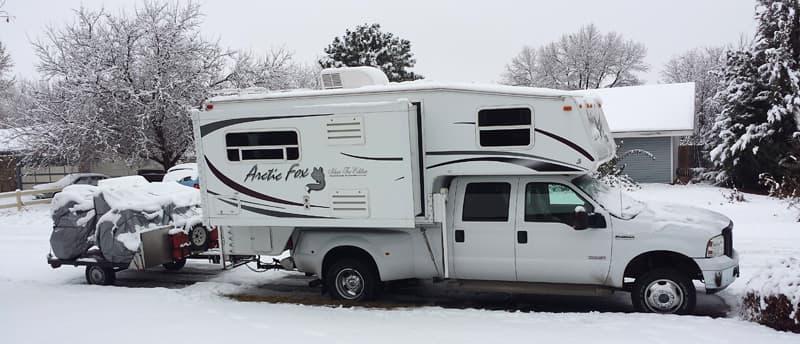You're in the right place if you're using a 48V, 200Ah battery and wondering how long it can power a 1500-watt load. In this article, we'll explore the factors that influence the duration a battery can sustain such a load and provide insights into optimizing battery performance. So, let's dive in and find out how long your 48V, 200Ah battery can last!
Understanding the Basics of Battery Capacity
Before we get into the specifics, it's essential to understand the concept of battery capacity. Battery capacity is the total energy a battery can store, typically measured in ampere-hours (Ah). In the case of a 48 volt golf cart batteries, 200-ah battery, it can hold 200 ampere-hours of charge at 48 volts.
Factoring in Wattage and Voltage
To determine how long a battery can power a specific load, we need to consider both the load's wattage requirement and the 12v battery voltage. In this case, we have a 1500-watt load and a 48-volt battery. To calculate the current drawn by the load, we can use Ohm's Law:
Current (Amps) = Power (Watts) / Voltage (Volts)
For a 1500-watt load and a 48-volt battery, the current drawn would be:
Current (Amps) = 1500 Watts / 48 Volts ≈ 31.25 Amps
Assessing Battery Run Time
Now that we have the current draw, we can estimate the battery's runtime by dividing the capacity by the load current.
Runtime (Hours) = Battery Capacity (Ah) / Load Current (Amps)
For our 48V, 200Ah battery and a load current of approximately 31.25 amps, the runtime would be:
Runtime (Hours) = 200 Ah / 31.25 A ≈ 6.4 Hours
Therefore, with a 48V, 200Ah battery, you can expect it to power a 1500-watt load for approximately 6.4 hours.
Factors Affecting Battery Performance
While the calculations give us a rough estimate of battery runtime, it's crucial to consider several factors that can influence actual performance. These factors include:
Battery Efficiency
Battery efficiency refers to the ability of the battery to convert stored energy into usable power. Various battery chemistries have different efficiency levels. Lithium-ion batteries, such as 36-volt or 12v battery, are known for their higher efficiency than other types.
Depth of Discharge (DoD)
The depth of discharge represents the amount of battery capacity used before recharging. Deep-cycle batteries, like RV or golf cart batteries, are designed to handle deeper discharges without compromising lifespan. Keeping the depth of discharge within the recommended range can optimize battery performance.
Temperature
Battery performance is temperature-dependent. Extreme hot or cold temperatures can affect the battery's capacity and discharge rates. Therefore, it's important to consider the operating temperature range recommended by the manufacturer.
Battery Maintenance
Proper battery maintenance, such as regular charging and avoiding overcharging or deep discharges, can significantly extend the lifespan and overall performance of the battery. Using a suitable battery charger and following manufacturer guidelines is essential for maintaining battery health.
Optimizing Battery Performance
To maximize the performance and lifespan of your 48V, 200Ah battery, here are a few tips:
- Use a battery charger specifically designed for deep-cycle batteries, such as LifePo4 or Dakota Lithium batteries.
- Avoid discharging the battery beyond its recommended depth of discharge.
- Store the battery in a cool and dry place, avoiding extreme temperatures.
- Regularly inspect and clean battery terminals to ensure good electrical connections.
- Consider investing in a waterproof van or enclosure for your battery, especially for outdoor applications.
Conclusion
In conclusion, a 48-volt, 200-ah battery can power a 1500-watt load for approximately 6.4 hours. However, several factors, including battery efficiency, depth of discharge, temperature, and proper maintenance, can influence the actual runtime. By considering these factors and optimizing battery performance, you can maximize your battery's capabilities.
FAQs (Frequently Asked Questions)
- Can I use a 24V battery instead of a 48V battery for a 1500-watt load?
Yes, you can use a 24V battery, but the current draw would be higher, resulting in a shorter runtime than a 48V battery.
- Where can I find Batteries Plus near me?
To find a Batteries Plus store near you, visit their website and use their store locator tool.
- Can I use a 36-volt lithium battery for my trolling motor?
Yes, a 36 volt lithium battery can be suitable for powering a trolling motor.
- Are Dakota Lithium batteries waterproof?
Dakota Lithium batteries are not inherently waterproof, but they are designed to withstand exposure to water and moisture better than traditional lead-acid batteries.
- How long do 6-volt batteries typically last in an RV?
The lifespan of 6-volt batteries in an RV can vary depending on usage, maintenance, and other factors. On average, they can last between 2 and 5 years.
